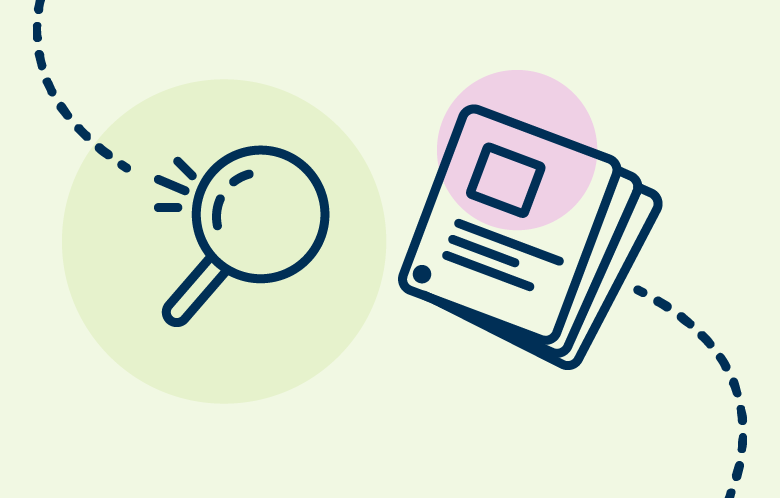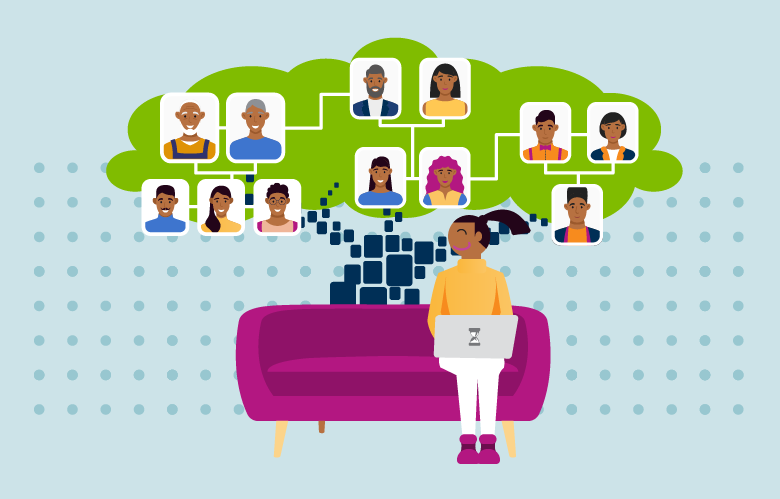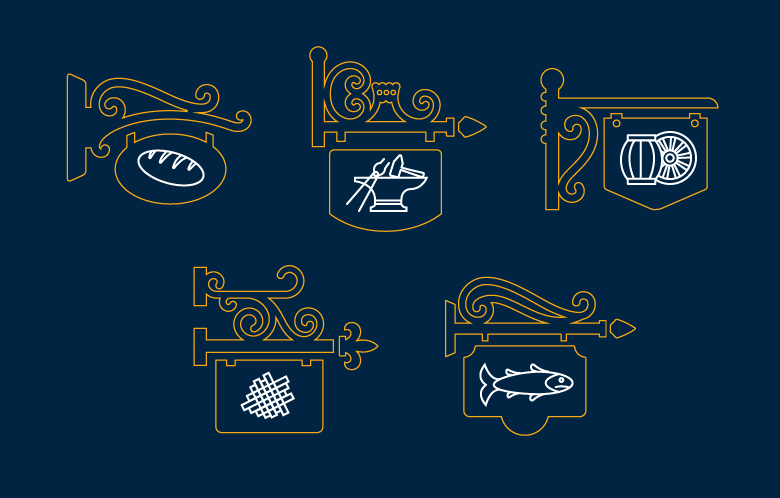Conducting family history research can feel like a labyrinth of documents, artifacts and questions -- Where do you start? How do you search? This session hosted by Daniel Horowitz, Genealogy Expert at MyHeritage, highlights how MyHeritage Library Edition makes genealogical research through your library a breeze.
Why is family history important?
Exploring one's genealogy provides insights into personal identity and ensures that the stories, traditions and cultural aspects of one’s ancestors are not lost over time. It can also spark serendipitous connections with family and other institutions that provide meaning and guidance to current experiences.
Heritage has its hurdles
With all of its triumphs, genealogical research can still be a daunting task, especially when faced with common issues like record overload and uncertainty regarding details of one’s ancestors. Here are five scenarios you may face when searching genealogical records and how MyHeritage Library Edition solves them:
1. I want to search for records from my ancestor’s homeland.
Solution: Use the world map to select a region. On the MyHeritage Library Edition homepage, you’ll find an interactive map that lets you easily find records from a specific region. Simply clicking a country or continent allows you to search and browse collections of digital records from that location.
2. I’m only looking for a specific type of document.
Solution: Specify your search with Collections. If you’re looking for a specific type of record – say, a historical newspaper – you can select the Newspaper Collection from the Categories list to only search records that match your needs. Other Collections include Census & Voter Lists, Immigration & Travel, Birth, Marriage & Death, and many more.
3. My relative has a common name.
Solution: Use the advanced search option. To really target the person you’re looking for, you can add more attributes to your search. If you know the day (or approximate timeframe) that your ancestor was born, got married, or had other major life events, you can attach these to your search for added specificity. As a bonus, when searching within the Collections mentioned earlier, the Advanced Search form will have Collection-specific fields, such as Publication Place for Newspapers or Military service details for Military records.
4. I don’t know my ancestor’s exact name, but I know other names in the family.
Solution: Search using relatives. If you’re unsure of your ancestor’s name but know, for example, that their mother was named Mary Stewart and their brother was named James, you can use the Relatives field in the advanced search form to add this information and narrow your results.
5. The spelling of my ancestor’s name may have changed when they immigrated.
Solution: Use fuzzy search. If your ancestor immigrated to another country in their lifetime, chances are the spelling of their name changed, too. MyHeritage Library Edition has built-in technology that allows you to search flexibly for names that sound similar or have alternate spellings – including across languages and alphabets. Did you know there are more than 140 international variations of the name “Alexander”?



